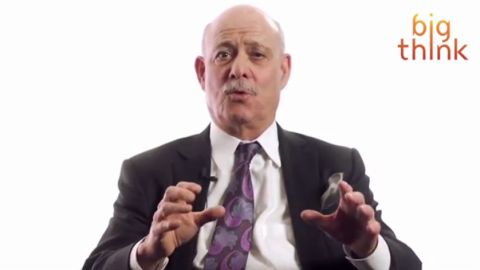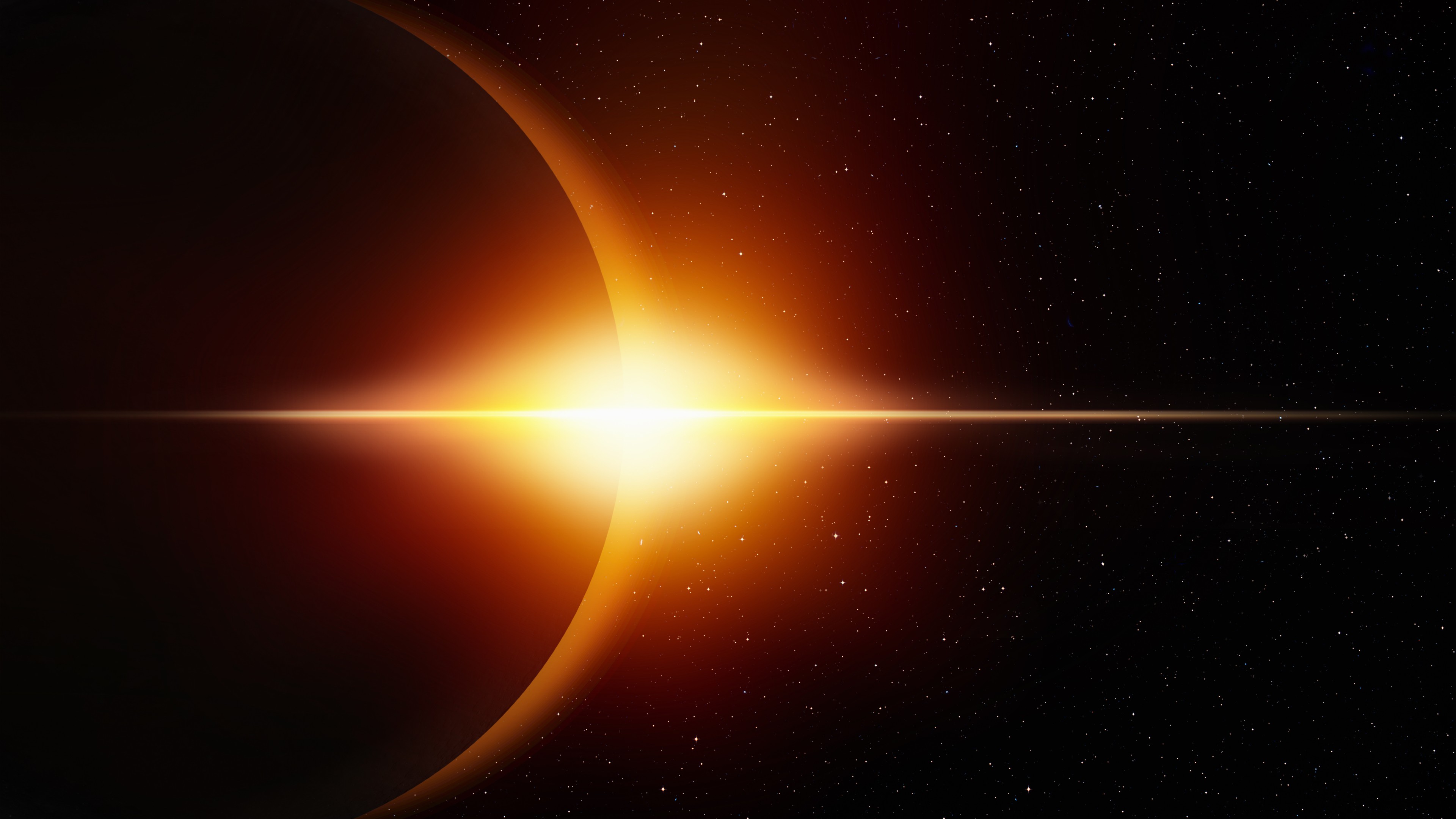Jeremy Rifkin on the Energy Internet

Do you remember where you were when you first heard of this thing called the Internet? Do you remember how this technology—email, search engines—gradually took over your life, or perhaps you were born into a time when everyone was already dependent on the worldwide web? Now we have a new light-bulb moment—the introduction of the energy internet, and we will all soon come to depend on it.
What is the energy internet? It sounds like it could be a virtual world where we communicate telepathically and enjoy teleportation, finally. We’re not there, yet. But it’s just as exciting and revolutionary. The energy internet is a vast network that efficiently supplies electricity to anyone anywhere. The digital age will allow such a system to be decentralized, efficient, and reliable. That’s the theory, anyway.
Jeremy Rifkin is an economic and social theorist, as well as the best-selling author of The Empathic Civilization. Rifkin is an internationally renowned expert on understanding the latest innovations shaping our lives as well as those required to solve our greatest challenges. In his latest book, The Zero Marginal Cost Society, Rifkin provides compelling evidence of our nascent Internet era developing an alternative to capitalism. The laws of the jungle, as Rifkin explains, may soon be replaced by the laws of collaboration.
As an example of this growing movement, governments and private companies around the world are currently, cautiously climbing onto the bandwagon of the next Promethean innovation.
“The energy Internet is really the Internet brought to energy and it’s a perfect fit,” says Rifkin. “The great economic revolutions in history occur when new energy regimes emerge and new communication revolutions emerge to organize them.”
Steam power transformed industries, and the world, in the 19th century; electricity and the telephone sped up this trend in the 20th. The information super highway was just getting its legs as we entered the 21st century. The peer-to-peer communication and collaborative distribution of the web make it an ideal model for a new kind of energy system, says Rifkin. At the core of this new system will be renewable energies, which are already being increasingly used in Europe—the leader of the energy internet movement.
“We’re taking the electricity grid of Europe—the whole transmission grid—and we’re transforming it to an energy Internet using the same technology we used with the communication Internet,” says Rifkin.
For more on the challenges and potential of the energy internet, watch this clip from Rifkin’s interview with Big Think:





